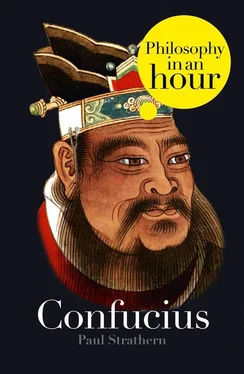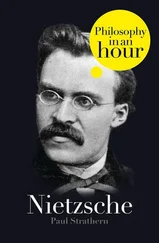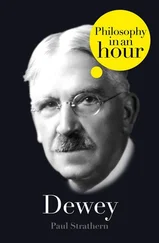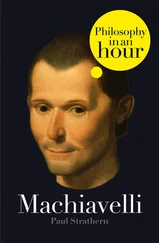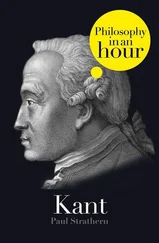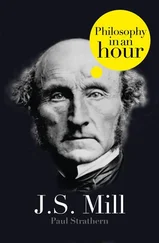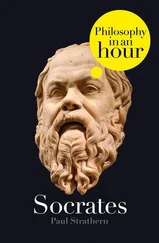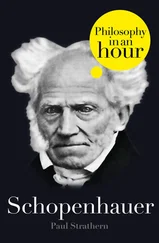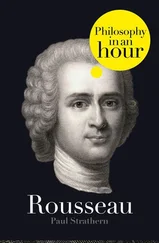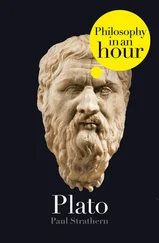Confucius
PHILOSOPHY IN AN HOUR
Paul Strathern

Cover
Title Page Confucius PHILOSOPHY IN AN HOUR Paul Strathern
Introduction Introduction Confucius knew all about life, but we know very little about his life. This leaves us at rather a loss when judging him personally. He told us how to behave, but we can’t find out precisely what he was up to. Confucius is a close contender for The Most Influential Man in History – so we’re lucky that his philosophy was nebulous and rather boring. His collection of well-meaning platitudes, quaint maxims, and quasi-enigmatic anecdotes combined to produce an ideal philosophy for civil servants. And this was precisely Confucius’s intention. Unlike other sages, he had no wish to see his disciples become penniless vagabonds roaming the highways and byways in a state of unemployable enlightenment. His aim was to turn his pupils into good government officials, and in this he succeeded beyond his wildest expectations. For more than two thousand years his teaching provided rules of conduct and spiritual fodder for the clerks, schoolmasters, ministers, and administrators amidst the stultifying conformity of the Chinese Empire. This was the empire that gave us the curse: ‘May you live in interesting times.’ In Confucian China, boredom was bliss. Not surprising when you consider the alternatives. If you stepped out of line, committing even a minor offense, you were lucky if you got away with castration. The court of many an irascible Chinese ruler sounded as if it was run by a bevy of schoolchildren. Until the Communist revolution of 1949, Confucianism was almost synonymous with the Chinese way of life. During the Mao era in mainland China, Confucianism was regarded with deep ambivalence. Confucius himself was reviled as one of the class of ‘landlords and capitalists’. (In fact, he qualified for neither of these exalted categories. Confucius spent most of his life unemployed, was always short of money, and had no estate.) During the Cultural Revolution of the 1960s, the Red Guards attempted to purge the last remnants of Confucianism from Chinese thought. Even so, Chairman Mao continued on occasion to encourage his comrades with sayings by Confucius. Both of these latter facts point to a strong undercurrent of Confucianism in Chinese thought which persisted beneath the veneer of Marxism. On the other hand, Confucianism remained, and remains, very much alive throughout the Chinese diaspora – from Taiwan to Chinatowns the world over. The sayings of Confucius succeed from one generation to the next, his name having achieved a cultural centrality similar to Shakespeare for the English or Goethe for the Germans. Yet surprisingly, Confucius himself was a failure. Or so he thought (and who are we to contradict such a wise man). Confucius considered that he had not succeeded in life, and died a disappointed man.
Confucius’s Life and Works
Afterword: Chinese Philosophy
Confucianism
Taoism
Buddhism
Further Information
The Sayings of Confucius
Chronology of Significant Philosophical Dates
Chronology of Confucius’s Life
Recommended Reading
About the Author
Copyright
About the Publisher
Confucius knew all about life, but we know very little about his life. This leaves us at rather a loss when judging him personally. He told us how to behave, but we can’t find out precisely what he was up to.
Confucius is a close contender for The Most Influential Man in History – so we’re lucky that his philosophy was nebulous and rather boring. His collection of well-meaning platitudes, quaint maxims, and quasi-enigmatic anecdotes combined to produce an ideal philosophy for civil servants. And this was precisely Confucius’s intention. Unlike other sages, he had no wish to see his disciples become penniless vagabonds roaming the highways and byways in a state of unemployable enlightenment. His aim was to turn his pupils into good government officials, and in this he succeeded beyond his wildest expectations. For more than two thousand years his teaching provided rules of conduct and spiritual fodder for the clerks, schoolmasters, ministers, and administrators amidst the stultifying conformity of the Chinese Empire. This was the empire that gave us the curse: ‘May you live in interesting times.’ In Confucian China, boredom was bliss. Not surprising when you consider the alternatives. If you stepped out of line, committing even a minor offense, you were lucky if you got away with castration. The court of many an irascible Chinese ruler sounded as if it was run by a bevy of schoolchildren.
Until the Communist revolution of 1949, Confucianism was almost synonymous with the Chinese way of life. During the Mao era in mainland China, Confucianism was regarded with deep ambivalence. Confucius himself was reviled as one of the class of ‘landlords and capitalists’. (In fact, he qualified for neither of these exalted categories. Confucius spent most of his life unemployed, was always short of money, and had no estate.) During the Cultural Revolution of the 1960s, the Red Guards attempted to purge the last remnants of Confucianism from Chinese thought. Even so, Chairman Mao continued on occasion to encourage his comrades with sayings by Confucius. Both of these latter facts point to a strong undercurrent of Confucianism in Chinese thought which persisted beneath the veneer of Marxism.
On the other hand, Confucianism remained, and remains, very much alive throughout the Chinese diaspora – from Taiwan to Chinatowns the world over. The sayings of Confucius succeed from one generation to the next, his name having achieved a cultural centrality similar to Shakespeare for the English or Goethe for the Germans.
Yet surprisingly, Confucius himself was a failure. Or so he thought (and who are we to contradict such a wise man). Confucius considered that he had not succeeded in life, and died a disappointed man.
Конец ознакомительного фрагмента.
Текст предоставлен ООО «ЛитРес».
Прочитайте эту книгу целиком, купив полную легальную версию на ЛитРес.
Безопасно оплатить книгу можно банковской картой Visa, MasterCard, Maestro, со счета мобильного телефона, с платежного терминала, в салоне МТС или Связной, через PayPal, WebMoney, Яндекс.Деньги, QIWI Кошелек, бонусными картами или другим удобным Вам способом.
